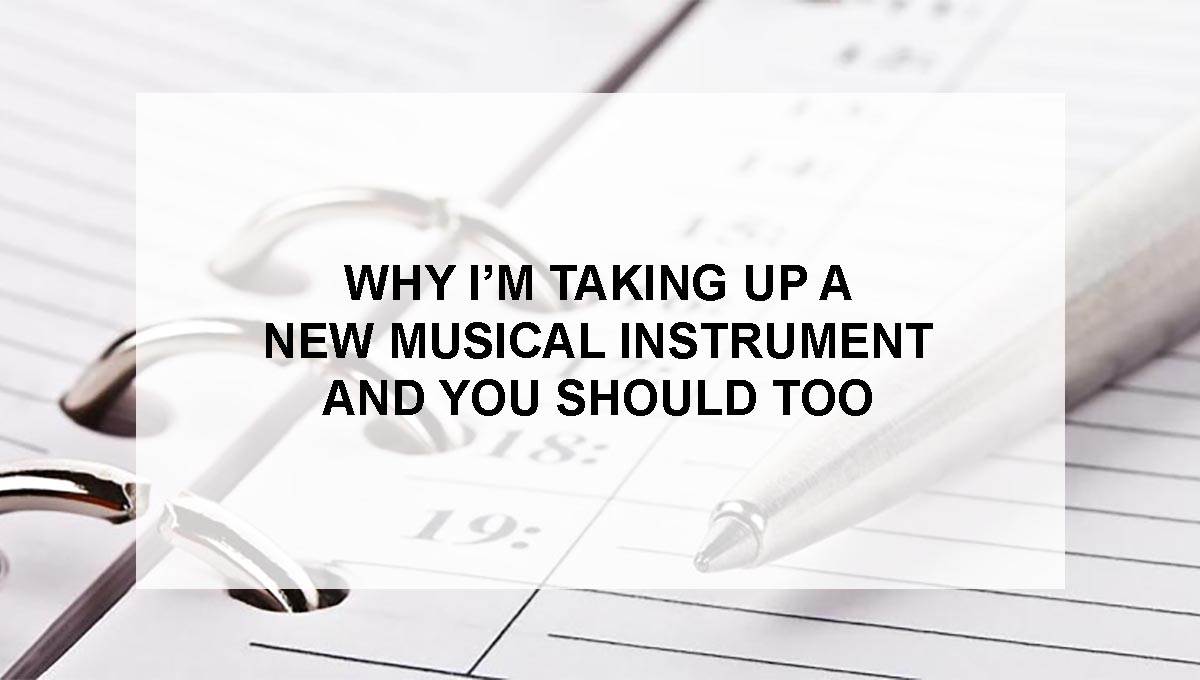When I finished my schooling I wasn’t sure what I wanted to do next. I was always interested in sports and fitness so I naturally gravitated toward being a fitness instructor. After a few years I had a yearning to get into computers and so went back to university to study computer science at night. It was a tough four years, working and studying, but eventually it paid off and I got my BSc in Computer Science but I wasn’t satisfied yet. I signed up for a diploma in commercial management which was another year of part-time study. By the end of the five years I was pretty tired of formal academic study, but like anyone else who’s ever studied while working full-time, I suddenly found myself with all this spare time! What to do, what to do?
Back then I was always interested in learning how to play the bodhran, the Irish drum. There’s something about that instrument I found to be really exciting, so I bought one and signed up for a few classes. A few months later, I found myself on a plane to New Zealand to start a new life and my future aspirations to be a bodhran player took a back seat…until now! This year I have recommitted to learning to play the bodhran to a reasonably respectable level, but why now and why is it so important that you should take up playing a musical instrument too?
Learning to play a musical instrument has definite benefits and can increase IQ by seven points, in both children and adults ~ Lutz Jäncke, psychologist at the University of Zurich
As a coach, I’m deeply interested in the brain and how it changes over time, and the latest research in neuroscience indicates that learning and practicing a musical instrument is one of, if not the most beneficial things you can do to enhance your brain development and protect it against age related brain disease, such as dementia and cognitive impairment. Back in the nineties it was thought that just listening to music enhanced brain function (you may have heard of the ‘Mozart effect’) but this has since been debunked. Although it improved a person’s ability to create shapes in their mind, this improvement only lasted fifteen minutes and was shown to be the case with any listening activity, such as listening to a novel. Enjoyment and engagement was the underlying factor. However, playing a musical instrument is a much more complicated activity and draws on many different aspects of the brain than most other single-form activities.
In order to play a musical instrument the parts of the brain involved with hearing, discerning tone, the fine motor skills required to control the movement of the hands, and even the visual-spatial areas of the brain, are all engaged in a way that is unique to playing music. Studies in neuroscience show that the corpus callosum, the massive bundle of fibres that connects the right and left hemispheres, is significantly larger in musicians for the areas of the brain mentioned above. Not only this, but additional research demonstrates that those who have received musical training demonstrate enhanced verbal memory, spatial reasoning, working memory, and literacy skills…all essential ingredients for communicating at a higher level at which all leaders are expected to perform.
Music reaches parts of the brain that other things can’t. It’s a strong cognitive stimulus that grows the brain in a way that nothing else does, and the evidence that musical training enhances things like working memory and language is very robust. ~ Catherine Loveday, neuropsychologist at the University of Westminster
All of this is fascinating but there’s more! The benefits of musical training persist for years and have been shown to have positive impacts on improving dyslexia and other language impairments in children.
So how long does it take for these changes to occur in the brain? Again, we can look to research for the answer. A study involving 32 young, healthy adults who had normal hearing and no history of neurological or psychiatric disorders had their brain waves recorded while listening to bell-like sounds from a Tibetan singing bowl (a small bell struck with a wooden mallet to create sounds). After listening to the recording, half of the participants were provided the Tibetan singing bowl and asked to recreate the same sounds and rhythm by striking it and the other half recreated the sound by pressing a key on a computer keypad. The results were eye-opening! “It has been hypothesized that the act of playing music requires many brain systems to work together, such as the hearing, motor and perception systems,” says Dr. Ross, who is also a medical biophysics professor at the University of Toronto. “This study was the first time we saw direct changes in the brain after one session, demonstrating that the action of creating music leads to a strong change in brain activity.” Obviously more comprehensive and in-depth research is required before the findings can be ratified but this is just one simple study among several that demonstrates the link between learning to play a musical instrument and enhanced brain development.
My instrument of choice is the bodhran, what’s yours?
If you’d like to know how to fast track your career, or if you’d like to explore how coaching can help you become a better leader (of others or yourself!), or even if you’re just generally curious about what professional coaching can offer you, please contact us at any time for a free consultation.
Subscribe & Stay Informed
Best way to keep in touch with our latest news and updates.


